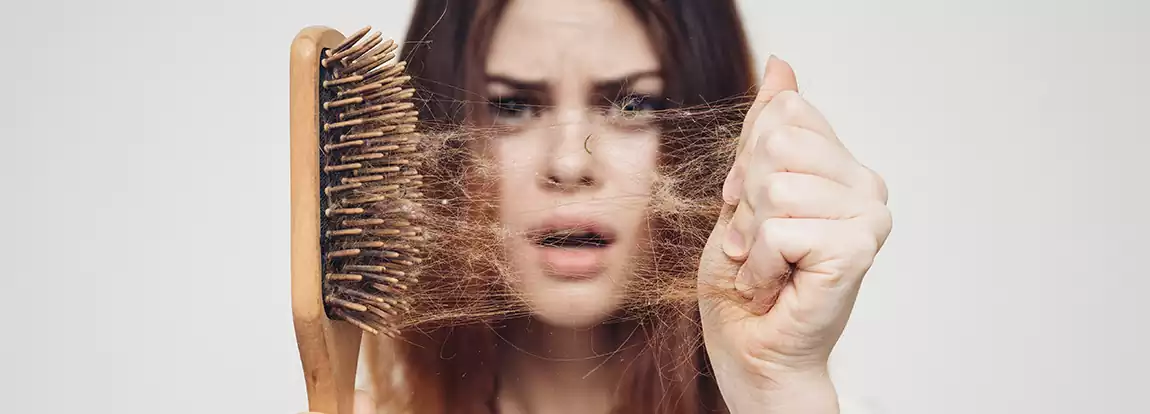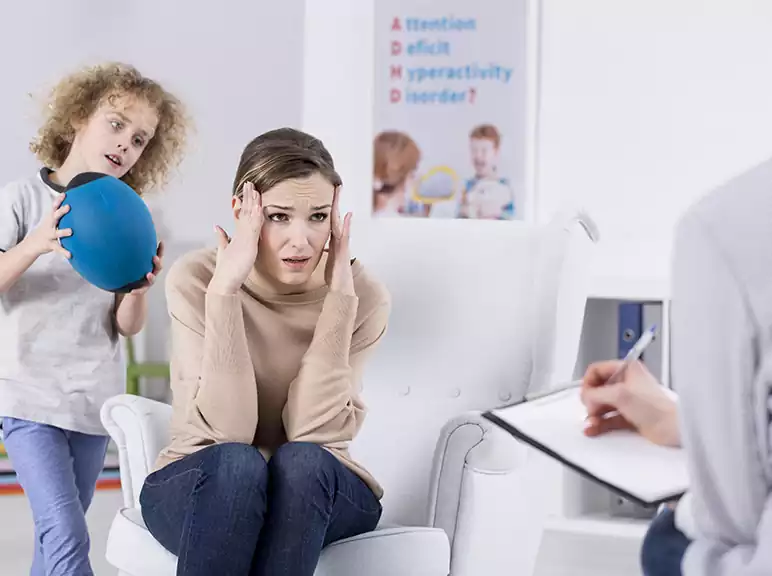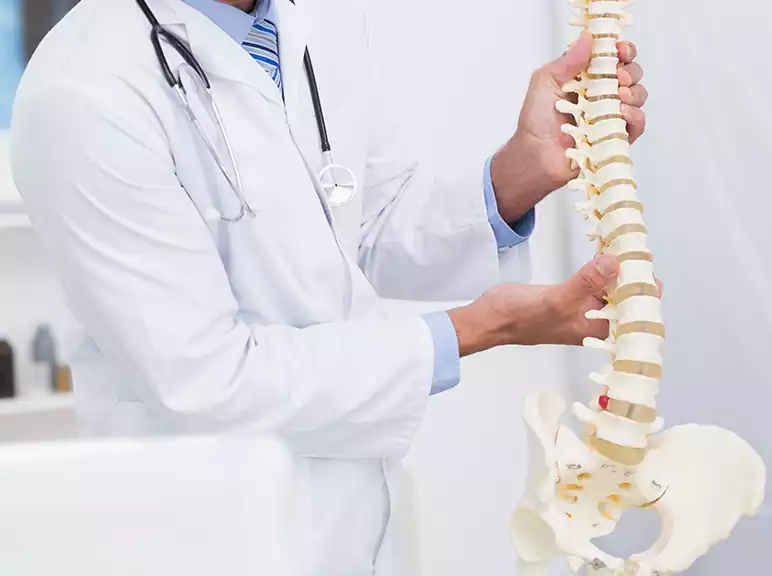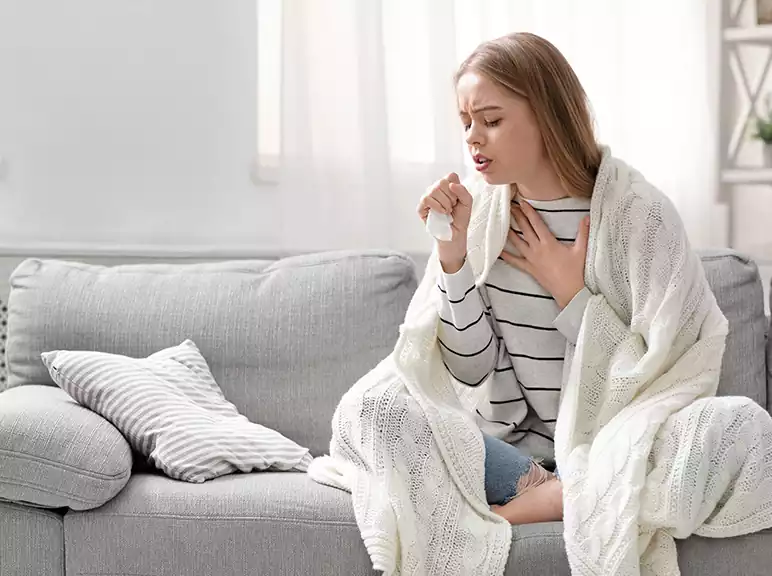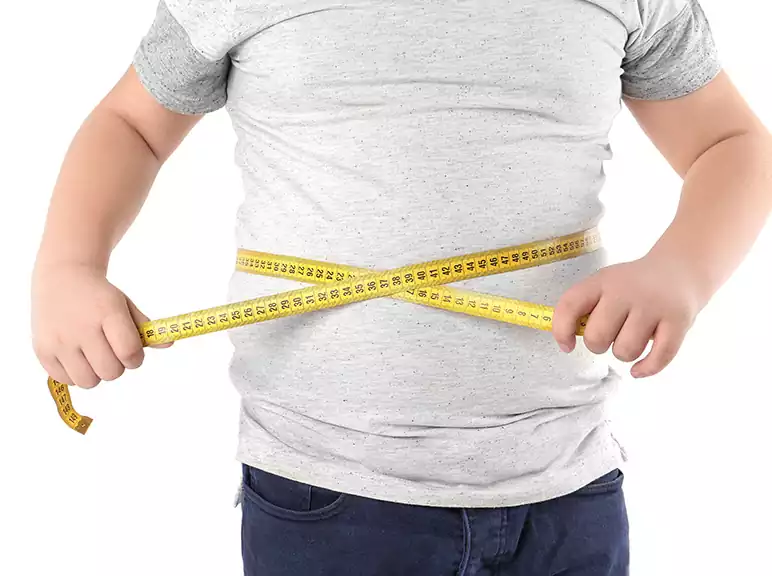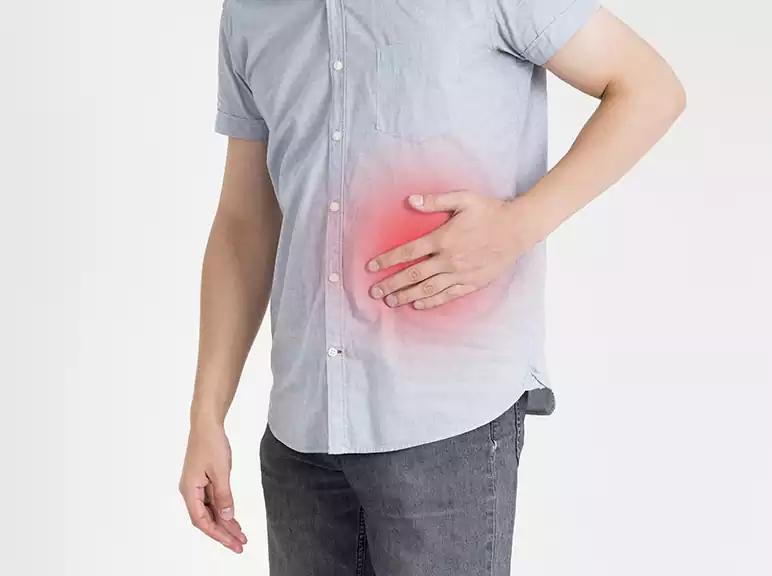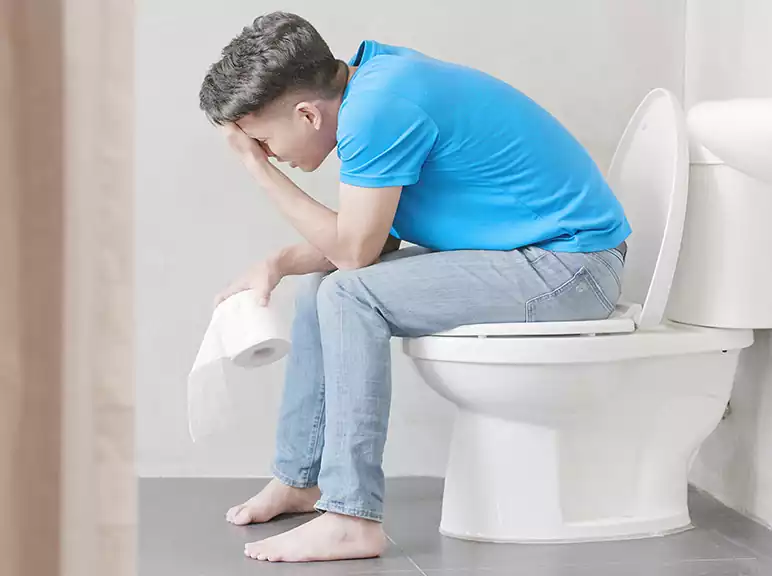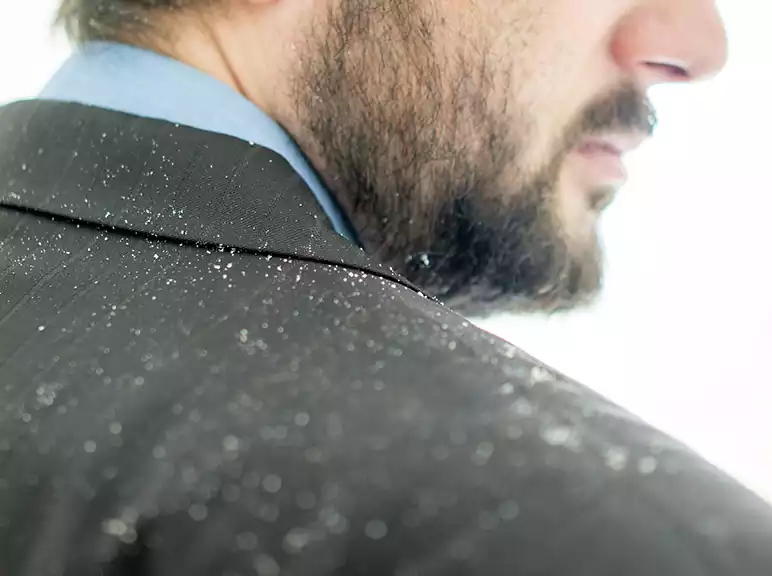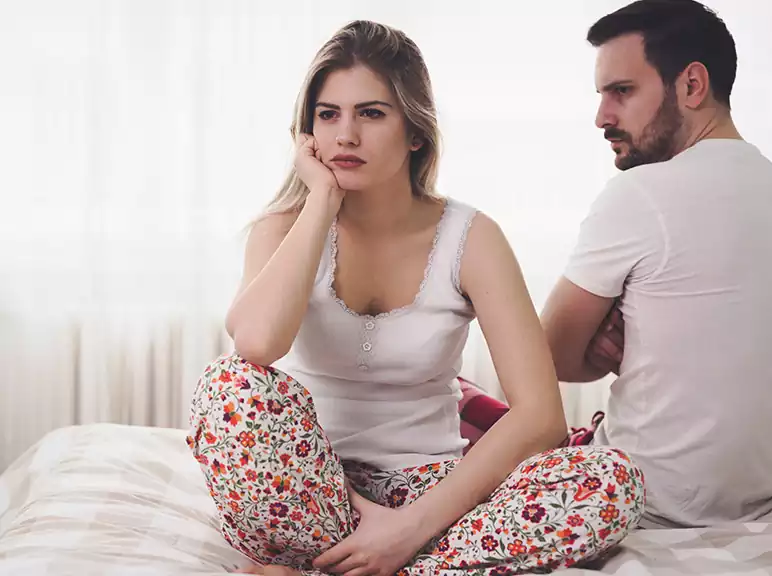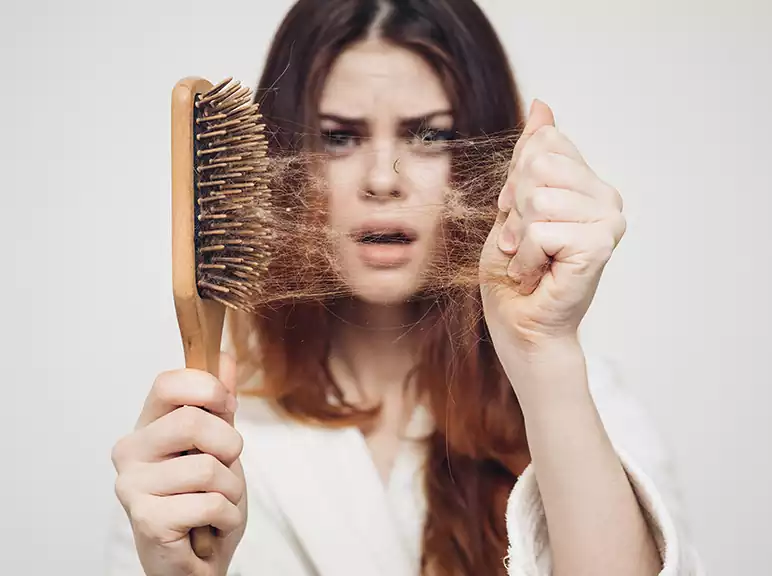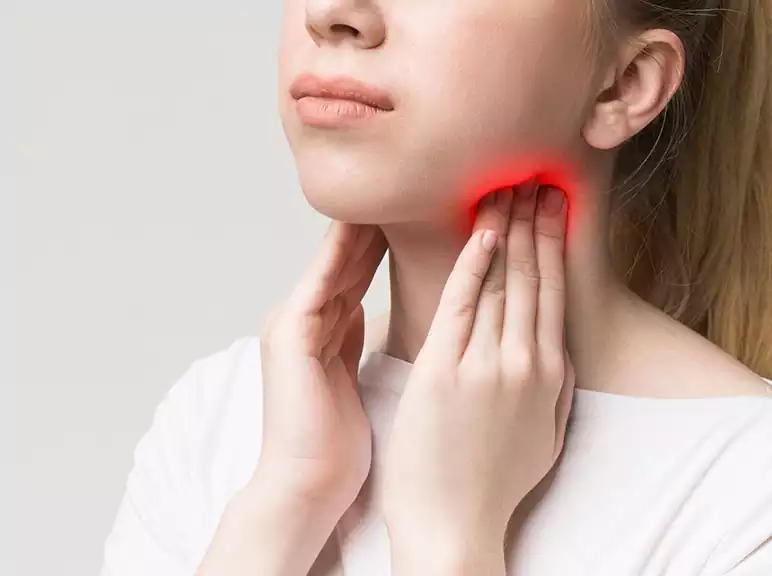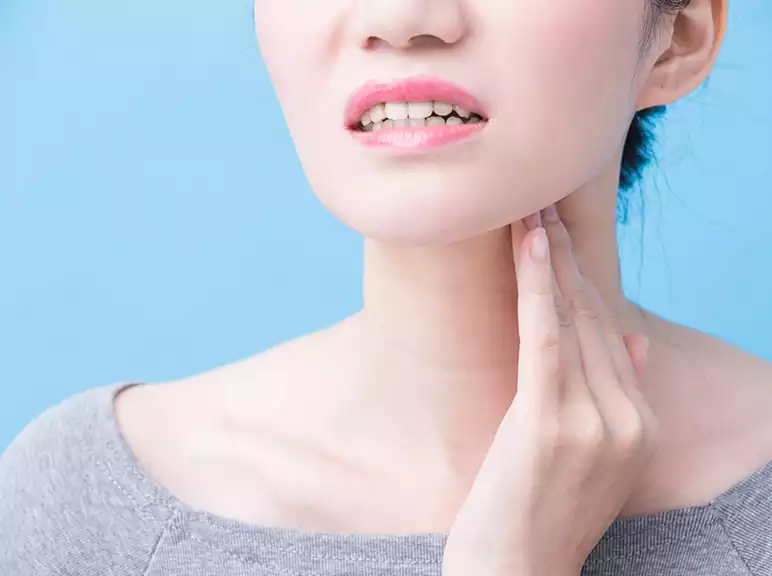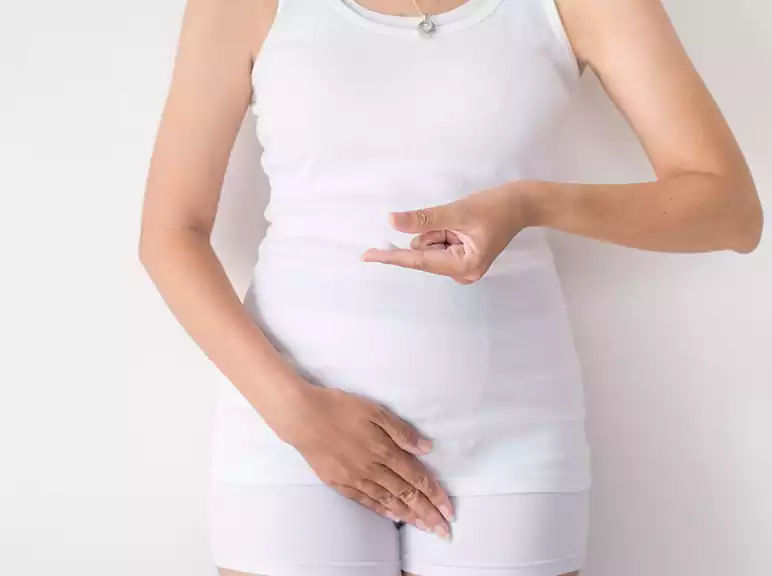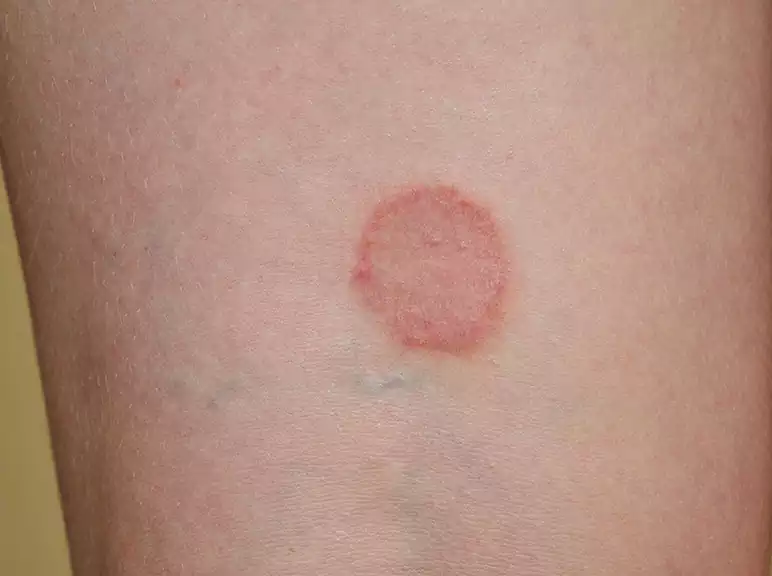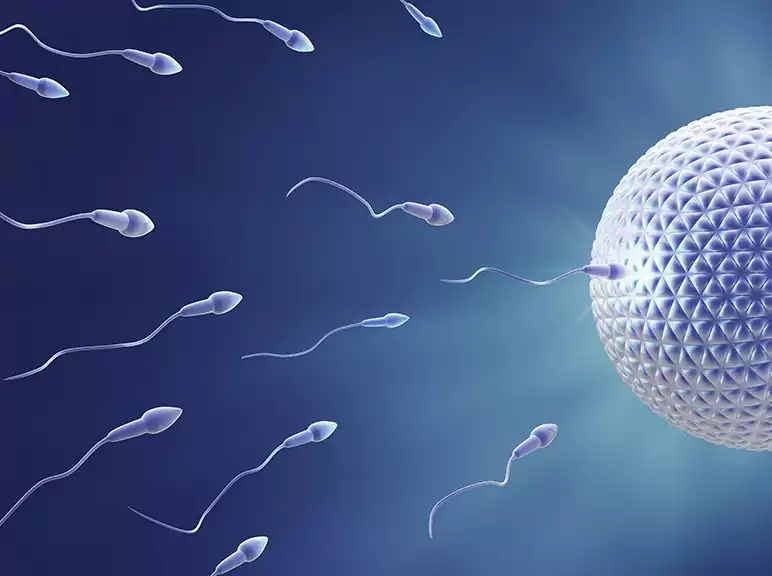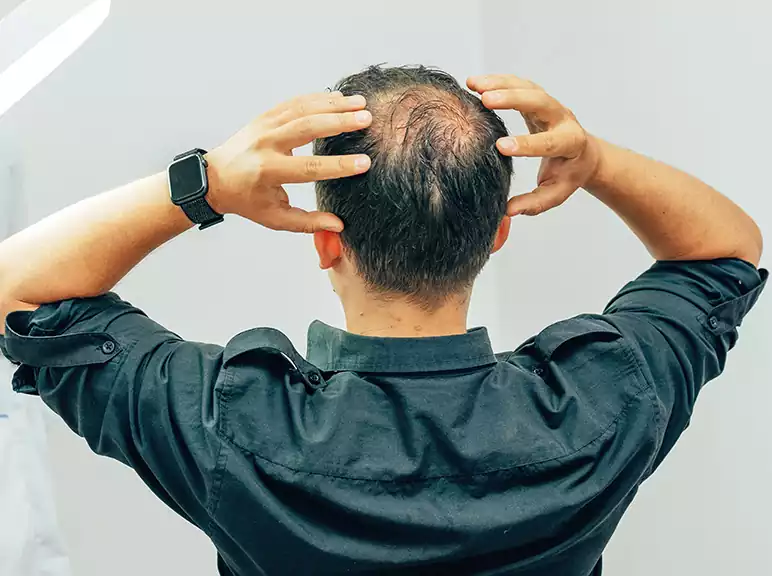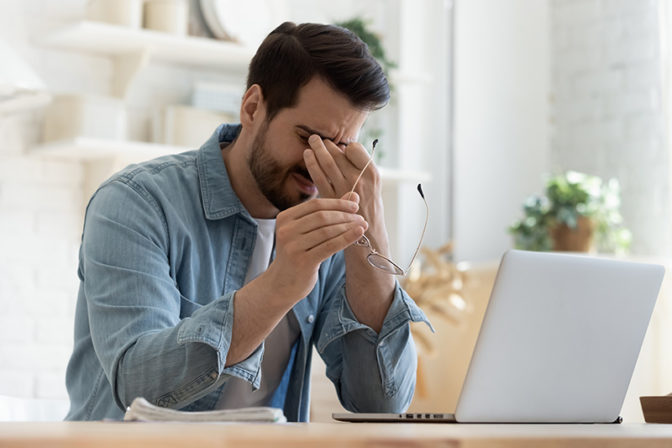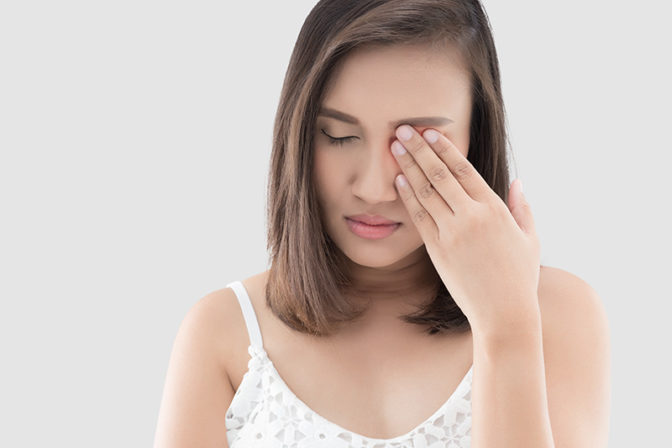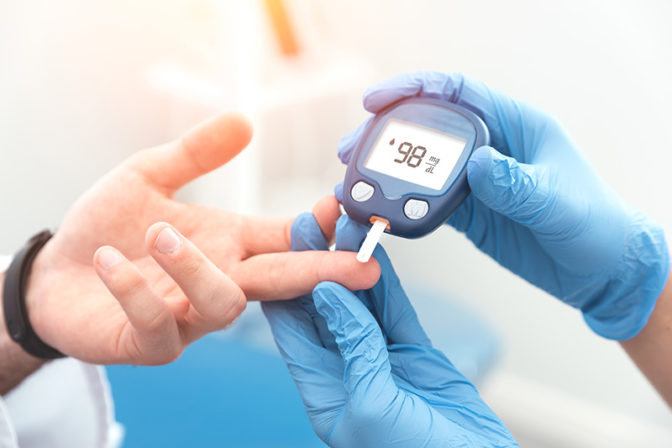Hair Loss
How common is hair loss?
Everyone’s going to lose some hair every day. It’s normal to lose up to 100 hairs a day. But if there’s a hair loss in your family, you could lose a lot more hair. With this kind of hair loss, if you’re a man, you may end up with bald spots. A woman may find that the hair on the top of their head is slowly getting thinner. About half of the people have this type of hair loss at around 50 years of age.
Hair Loss-The Causes
In most cases, heredity is known to be the cause of hair loss. Male sex hormone dihydrotestosterone is the primary trigger for male-and female-pattern baldness.
Poor nutrition:
Iron deficiency (anaemia) followed by protein deficiency is one of the main reasons for hair loss. Improper absorption of nutrients may also lead to poor nutrition.
Crash dieting:
Excessive dieting, especially mono dieting, which involves avoiding a particular type of food group, disrupts protein, carbohydrate and fat balance, leading to hair loss. Sometimes hair loss doesn’t reverse, even after the patient has returned to a regular diet.
Oral contraceptives:
Certain oral contraceptives that use synthetic progesterone may lead to female-pattern baldness. Again, stopping oral contraceptives is also known to have been associated with generalized hair loss for some time.
Poor circulation:
Follicles that are deprived continuously of blood (and therefore of nutrients) cannot produce hair properly.
Smoking:
Nicotine (tobacco) harms the micro-circulation of the scalp, leading to increased hair loss.
Mental stress:
Increased hair loss may occur when the individual is very stressed, although the exact mechanism of this is not known.
Dandruff:
Dandruff is swollen, flaky skin on the scalp, which hinders proper circulation and nutrition of the hair, causing increased hair loss.
Medications:
Drugs used to treat gout, depression, arthritis, high blood pressure, and heart problems may lead to increased hair loss. Chemotherapy and radiation therapy are other common causes.
Presence of systemic diseases:
Diabetes, lupus, scleroderma, etc., can cause hair loss.
Hormonal changes:
Pregnancy, childbirth, menopause, hypothyroidism, hyperthyroidism, etc. may all lead to significant hair loss.
Hair treatments:
Chemical treatment of hair, especially with products based on ammonia, perming, straightening, ironing, etc., may lead to damage and hair loss.
Scalp infection:
Scalp infections, especially ringworm, can lead to hair loss problems.
Local diseases:
Scalp diseases, such as lichen planus, psoriasis, etc., can lead to hair loss.
Recovering from serious illness:
Diseases such as sudden or excessive weight loss, high fever, or post-surgery conditions and metabolic disturbances can lead to hair loss.
Symptoms
Hair loss may occur as thinning, in which one may not notice the hair falling, or shedding where clumps of hair fall out. In the most common kind of hair loss, hereditary hair loss (androgenetic alopecia), men tend to lose their hair on their front hairline and forehead and their heads. Eventually, all that remains is hair around the ears, the sides, and the back of the head. Women with this condition usually have a gradual thinning of the entire scalp, but generally on the top of their head. Other causes of hair loss may show different patterns. For example, conditions such as alopecia areata (in which the immune system attacks hair follicles) and trichotillomania (compulsively pulling the hair) result in noticeable hair loss patches. At the same time, stress and some medicines cause hair loss. Hair is an essential aspect of a person’s appearance; hair loss can also lead to a loss of self-esteem and an unattractive feeling, especially in women and teenagers.
Treatment
Hair loss is a condition that requires a personalized approach to treatment. The treatment hair loss depends on the type, the degree of baldness and the state of the scalp and hair. At AVIVO clinics, we offer customized solutions that are instant and permanent. Our doctors will perform a video microscopy test and customize a treatment plan that is best suited to meet your needs and expectations.
- Our treatment has virtually no side effects.
- Patient satisfaction is guaranteed.
- We offer personalized treatment to every patient.
After successfully treating patients with hair loss with a winning combination of homoeopathy, trichology and technology, AVIVO clinics can provide you with safe, effective and long-lasting solutions to your hair loss problems. Homoeopathic remedies are selected and tailored to your case history. Homoeopathy effectively treats the underlying cause of hair loss, such as anaemia, thyroid, etc., thus controlling hair loss itself. The treatment is safe and easy to use. There are no dietary restrictions involved. Homoeopathy is the main line of treatment for hair loss and can be complemented by other treatment options such as Hair Vitalizing Treatment. HVT is one of the primary spectrum treatments for hair loss. No side-effects Increase the circulation of blood to the root of the hair and scalp to stimulate hair growth.
Success of therapy
The success of the treatment is based on the expectations and the cause of hair loss. Treatment for hair loss caused by illness, medicine, or hair loss is usually more successful than treatment for inherited hair loss.

